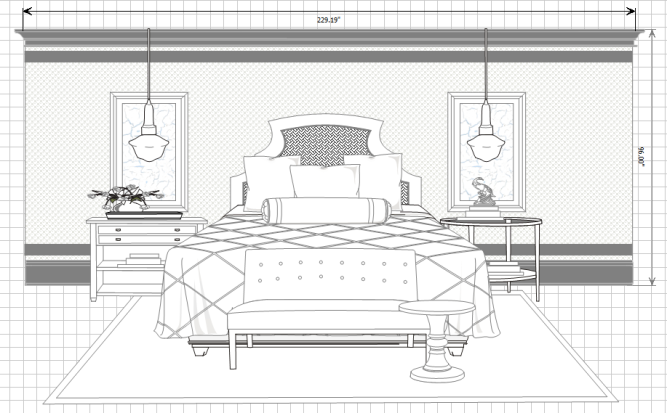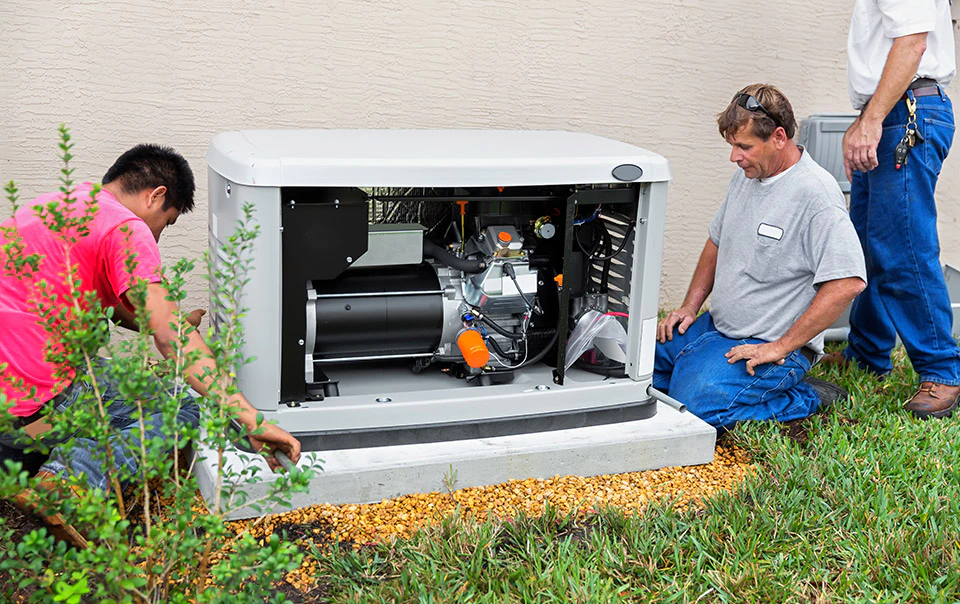How to Get the Most Out of Home Generators
Home generators are fuel-powered devices that can provide electricity during power outages. They are useful for many reasons and can allow you to continue using essential appliances, lights, and even the entire house. To get the most out of your home generator, learn how they work and what they can do for you. A home generator can be stationary or portable and operate on various fuels, including gasoline or diesel. A portable gasoline model tends to be cheaper but has a short runtime.
Before buying a home generator, make sure to calculate how much load your appliances and equipment need. The higher the starting wattage, the smaller the capacity will be. The wattage that your generator will support is an important consideration, as many appliances require a large surge of power to start up. Make sure you consider all of your appliances, including your refrigerator, when choosing a home generator. If possible, only purchase a home generator that will provide enough power to power your home appliances and keep the major ones running.
A portable generator should not be used indoors, since they are dangerous even with open doors and windows. If possible, position it outdoors and at least 20 feet away from any windows. Portable generators typically use extension cords to power the appliances and devices. When purchasing a generator, the manufacturer should give you basic instructions for use, as well as care and maintenance. You should also place the generator 20 feet away from any windows, doors, or air conditioners, as the exhaust from the generator can cause serious health problems.
When choosing a home generator, make sure to consider the following things before making your purchase. First, find out what size and weight your home generator will need. If you have a small home, you can buy a small portable unit that will power just one outlet. Otherwise, you may have to run your entire house without it. Then, you’ll need a generator with more than one outlet, and you’ll need several of them to run your windows, lights, and appliances. You’ll also need a power supply and a cooling system.
Finally, home generators can help you conserve money during an emergency. In the event of a power outage, food is likely to be the first thing to go. Food is expensive and can really add up when a household is stranded in a power outage. By investing in a home generator, you can save money and keep your home cool and comfortable. If your electricity is cut off for a few days or even weeks, having a backup home generator can be a great way to keep your food and household items running.
You can choose from a wide range of home generators. A whole-house generator can handle the minimal load in a 3,000 to 5,000-square-foot home. Some of these generators run on propane or solar energy, and are ideal for areas prone to hurricanes. Whole-house generators have multiple circuits and can power an entire house. Their power outputs range from 22 to 35 KW, depending on your specific needs.











